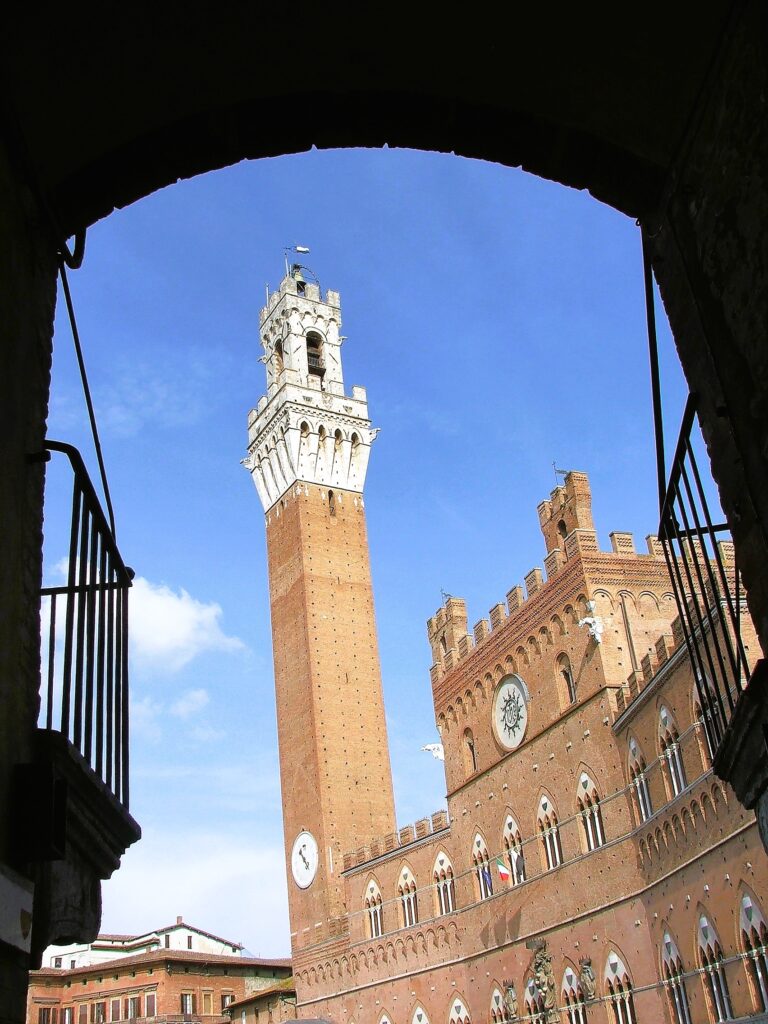ENIT REVEALS ITS DIGITAL MARKETING STRATEGY FOR ITALY AT ITB BERLIN
Italy’s National Tourist Board, ENIT, has revealed its digital strategy for future marketing during the ITB Berlin Convention.
The information was shared during an online press conference involving Italy’s Minister of Tourism, Massimo Garavaglia, and Roberta Garibaldi, CEO of ENIT.
The focus of ENIT (Agenzia Nazionale del Turismo) for the further development of tourism relies on three main pillars: environmental, socio-cultural and economic sustainability, innovation and digitalisation.
These pillars imply a rethinking of the future through a process involving the public and private sectors and a strong ecosystem of internal and external communication, supported by new technologies. Speaking at the ITB Convention Italy’s Minister of Tourism, Massimo Garavaglia said: “Accountability and reliability are more crucial than ever to restore travellers’ trust.”

Prioritising digitalisation
Domestic travellers have been supporting the recovery together with neighbouring European countries, such as Germany, Austria, Switzerland, the Netherlands, Belgium and France, with which Italy has shared strong ties for many decades. The international scenario underlines the relevance of domestic and neighbouring tourism flows for a full recovery by 2024.
ENIT, in collaboration with the Ministry of Tourism, is adapting to the need to offer more digital content. According to the country’s tourism minister, Massimo Garavaglia, consequent financial resources are set for this, as part of the initiatives outlined in Italy’s 2017-2022 Strategic Plan for Tourism. Companies and communication agencies are perceived as being able to improve the digital communication of Italy’s available tourism offer and encourage the recovery of national and international tourist flows. Interested companies can apply for a grant by April 19, 2022.
The aim is to strengthen the competitive positioning of the destination ‘Italy’ in the domestic, international and non-European markets, expanding the reference markets with a differentiated offer; the development of integrated initiatives between different thematic areas such as culture, economy, environment and tourism; the enhancement of tourist offers and territorial experiences, with the support of local identities within a unitary, coherent and homogeneous strategy with the destination ‘Italy’.
ENIT aims in particular to supporting SMEs, thanks to its digital ecosystem, first in terms of engagement among European tourism offices, and activities aimed at potential tourists and tour operators all over the planet.
Germany, Italy’s top inbound source market
The presence of ENIT during the digital edition of ITB Berlin is linked to the importance of the German market for Italy. Germany remains Italy’s leading inbound source, both in attendance and tourist spending. German visitors generated more than 7.6 billion euros of revenue in Italy in 2019 – an increase of +7.4% compared to 2018 and a 17.2% share of the international total.
German travellers generated almost 59 million nights in Italian accommodation prior to Covid-19, accounting for 26.6% of all international overnights. Germans’ favourite regions are Trentino Alto Adige with 19 million stays, Veneto with 16 million and Lombardy with 5.2 million. Together they account for around 69% of the total. Last year, Germany, Austria and Switzerland maintained a relative strong presence generating about 60% of all foreign overnight stays in Italy. In 2022, ENIT wants to focus on “urban centres perceived as gateways to sustainable, slow and outdoor tourism, which also helped us promoting trips off the beaten track. We think tourists will still be cautious, even without Covid restrictions, so the outdoors and even caravanning are growing even more,” explained Roberta Garibaldi, CEO, ENIT
Projects, programmes and information and promotional campaigns will launch throughout the coming year. They will consistently follow recommendations of the 2017-2022 Tourism Strategic Plan and the UN 2030 Agenda, within the framework of sustainable development policies and the enhancement of territories and communities with their cultural heritage. Environmental protection will also be a top priority on that agenda.
